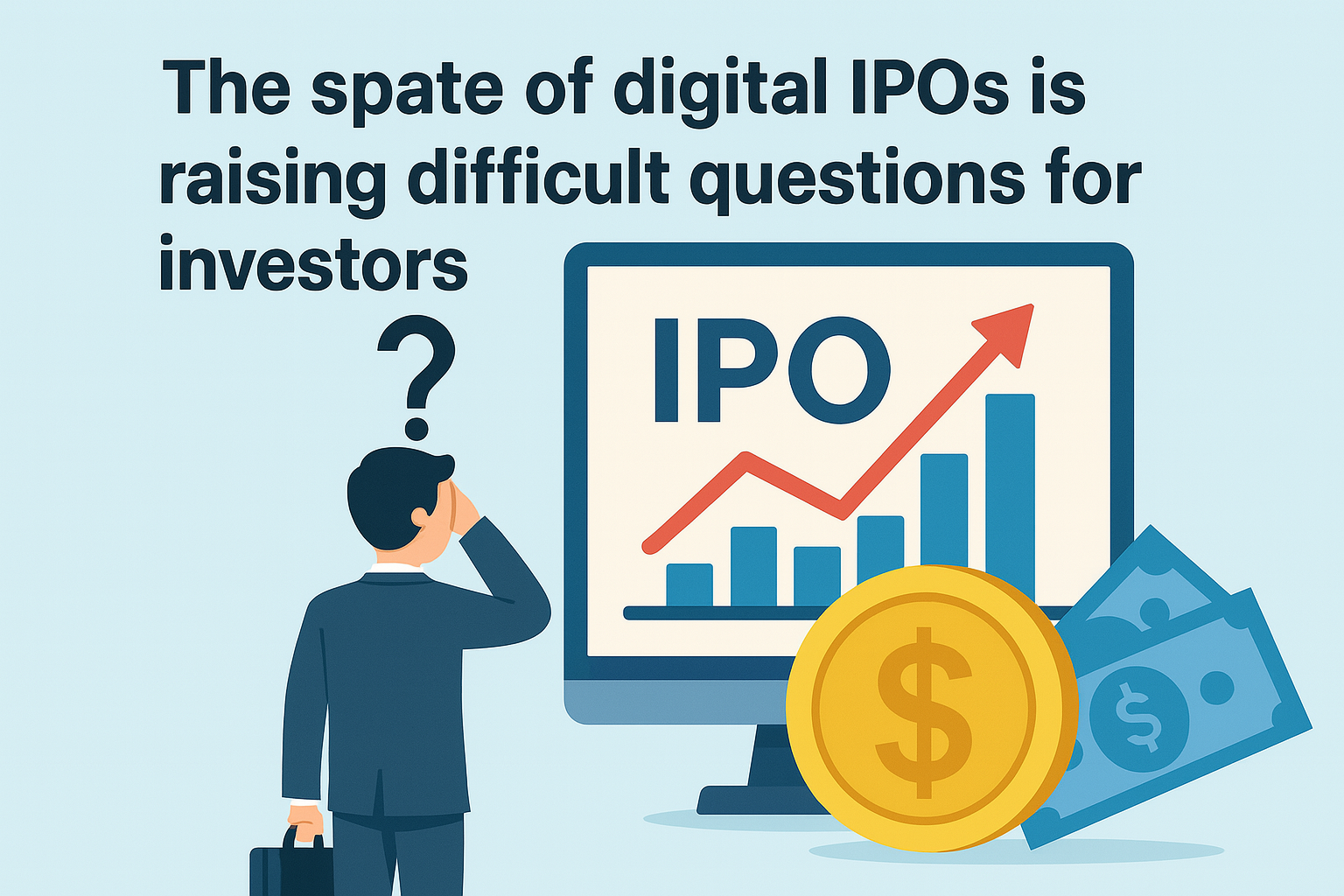Announcement: Lorem ipsum dolor sit amet, consectetur adipiscing elit. Donec et quam blandit odio sodales pharetra.
The spate of digital IPOs is raising difficult questions for investors
When the first big digital IPO of Zomato hit the Indian IPO market in August this year, the question was whether Indian investors would have the appetite for loss making digital IPOs. That has been answered quite eloquently. But the spate of digital IPOs beg few questions.

Table of Content
Have liquidity, will invest
Talking to a fund manager about the Paytm IPO, his response was cryptic. If a company has not become profitable in 15 years, how much longer would you want to wait. That may not be the way Indian investors think, if you look at the response to digital IPOs. For example, Zomato got subscribed 39 times, Nykaa was subscribed 82 times and PB Fintech 16 times. Even Paytm was subscribed twice, which is not bad considering the size of the IPO itself was Rs.18,300 cr.
How much longer are investors willing to wait? Another 5 years or 10 years? Companies like Paytm have openly admitted that they are not worried about profits for the time being. Their focus is more on building the digital eco-system. That sounds fine, but how long will these digital outfits keep paying shareholders out of capital. It looks like QIBs and retail investors are also relying on the “Greater Fool” theory that most VCs and PE funds rely on. The theory believes that you will eventually find an investor to buy at a higher price. What explains this enthusiasm, is it justified and could it be a ticking time bomb?
Eyeballs and footfalls
Retail malls the world over waited for a long time to translate footfalls into real profits. In majority of the cases, it never really happened. During the dotcom boom of the late 1990s, it was all about eyeballs. The theory was that if hits and page view were captured then business will follow and the turnstiles will start to tick. It rarely happened, except in the case of a handful of names. In this rally it is all about dominating the ecosystem. Nykaa wants to own the beauty eco-system, while PB Fintech wants to own the insurance ecosystem. Zomato and Swiggy hope to eventually make billions out of deciding what and how you eat. And Paytm wants to dominate it all.
Is it about weak currencies
In a way, this may sound cynical. The reality is that major currencies across the world have quietly lost value. That is not really reflected in currency values because the situation is the same in all currencies. However, that does not take away from the fact that currencies have structurally devalued. In a way, when the currency devalues structurally, the whole concept of profits, P/E ratios and valuations do not have much meaning. When you are buying an asset with a currency that is substantially devalued, it is hard to determine what is driving what. That is the crux of the problem. The degraded currencies are making losses look wonderful. They are not!
Comments